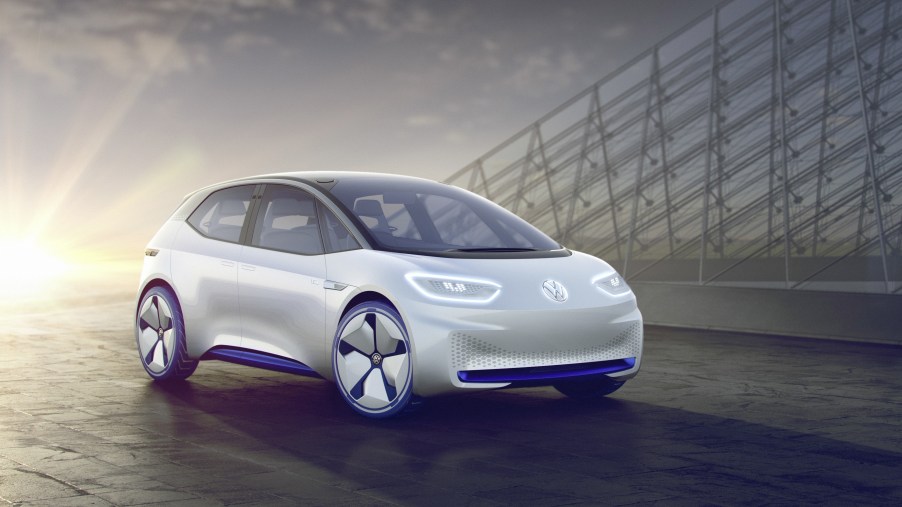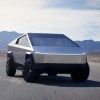
Ford and Volkswagen Team up to Build Electric Cars
Auto industry experts expect that the rising cost of fuel combined with increased concern about the environment will inspire drivers to take a greater interest in eco-friendly electric cars. This interest in electric cars has inspired many car manufacturers to work extremely hard developing interesting concepts and innovative electric vehicles that they hope will engage consumers and allow the manufacturers to lock down a corner of the market. The challenge vehicle manufacturers across the globe are encountering is both financing and finding talented individuals who can help them improve their current electric vehicles and develop plans for future vehicles. The desire to improve the future of electric vehicles has led to some unexpected collaboration, including a partnership between Ford and Volkswagen.
Ford and Volkswagen make an important announcement
On July 12, 2019 representatives from both Ford and Volkswagen came together for a media event that was covered by the Media Ford Center. During the event, they announced that they’d decided to combine their resources to help create the Argo AI. The reason for the collaboration is to help improve the autonomous vehicle technology that both companies hope will improve the driving experience in both Europe and the U.S.A. Representatives for the companies included Jim Hackett who serves as Ford’s president and CEO, Volkswagen’s CEO, Dr. Herbert Diess, and Bryan Salesky who is Agro AI’s CEO.
The collaboration marks the first time that solid deployment plans have been made to improve the Argo AI’s autonomous driving system with an eye towards commercial development. At this point, the companies are focusing their efforts on deploying the technology to European markets. While experts from both companies will work together to improve the technology used in the Argo AI’s driving platform, the companies will remain independent when it comes to the other models of electric vehicles the companies currently produce or are developing.
What each auto manufacturer gets from the collaboration
At this point, not a great deal is really known about the new partnership between the auto giants, but a few facts were revealed.
The collaboration provides both auto manufacturers with some new assets. VW is going to allow ford to access to the MEB electric vehicle platform Volkswagen developed, which includes a European battery model the company plans to debut in 2023. Ford has high hopes that use of the MEB electric vehicle platform will enable them to market approximately 600,000 vehicles in the European market. That’s not the only way that Ford benefits from the deal. VW also announced that they’ll invest $7 billion into the Argo AI program. Ford hopes that the extra money will help the manufacturer entice highly skilled engineers and designers to the Argo AI project. The deeper talent pool means more innovative designs and could also shorten the length of time it takes to move the Argo AI and autonomous technology from its current developmental stage to a marketable product.
Ford isn’t the only one who benefits from the collaboration. Volkswagen is also pleased with the deal. They hope to use Ford’s Argo AI technology in their own vehicles. They will also be allowed to use the platform Ford developed for the soon to be released Ford Ranger and incorporate it into their VW Amarok.
Volkswagen’s CEO is pleased about the collaboration. “Looking ahead, even more customers and the environment will benefit from Volkswagen’s industry-leading EV architecture. Our global alliance is beginning to demonstrate even greater promise, and we are continuing to look at other areas on which we might collaborate,” Diess said during the press conference. “Scaling our MEB drives down development costs for zero-emissions vehicles, allowing for a broader and faster global adoption of electric vehicles. This improves the positions of both companies through greater capital efficiency, further growth, and improved competitiveness.”
All images provided by the manufacturer unless otherwise noted.


